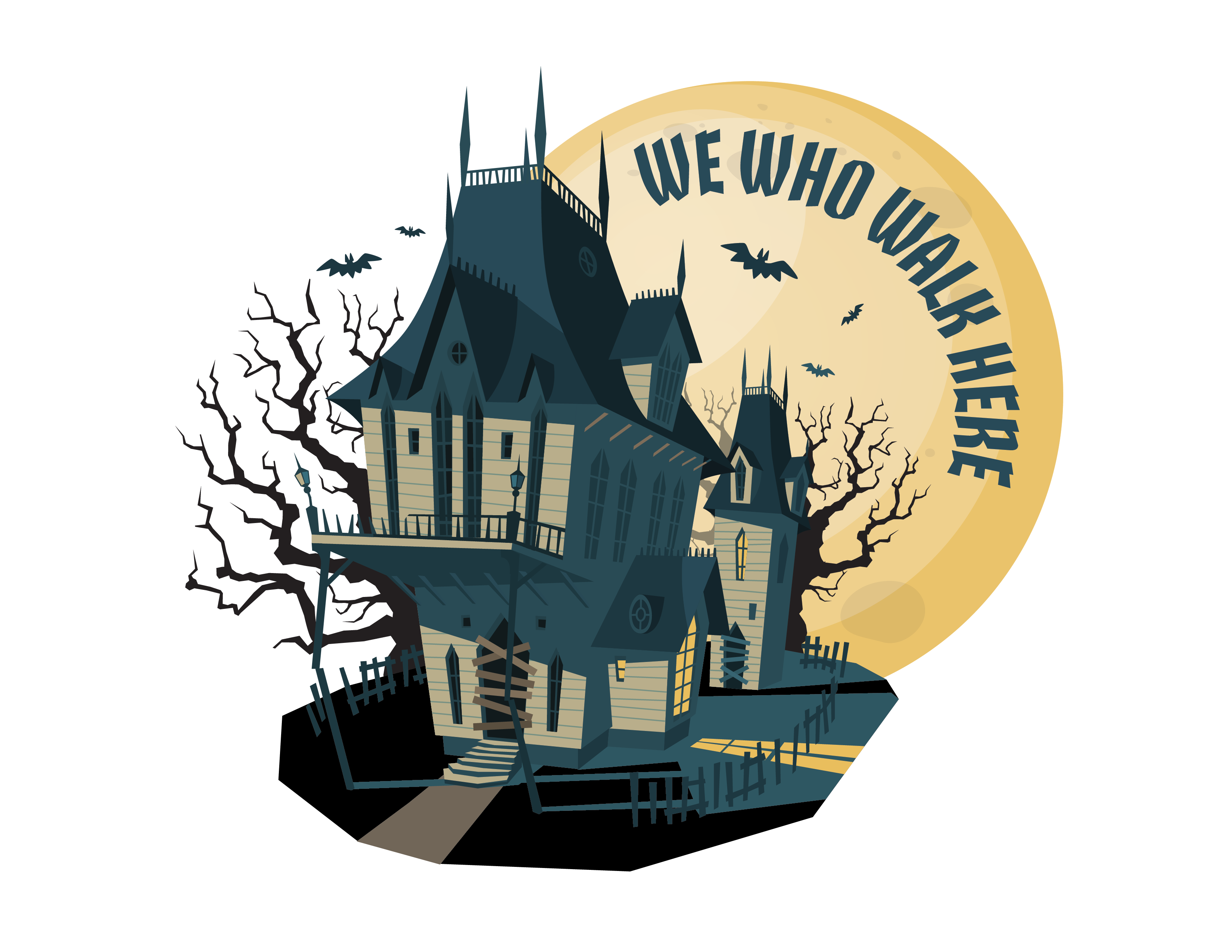I’m back with more capsule reviews of the terrific shorts that SXSW has to offer! If you missed Part 1, check it out here.
Bestia

A disturbing and captivating animated short, Bestia follows the daily routine of a secret police agent during the Chilean military dictatorship. Director Hugo Covarrubias lends a nightmarish tension to what seem to be normal everyday activities; he then pulls the rug out from under the viewer, as his impressive yet revolting short reveals the depraved depths of the lead character’s daily life. The story is wordless, relying only on sparse sound effects and a nerve-jangling score to soundtrack the disconcerting visuals. Bestia is not for the faint of heart, but its stop-motion puppetry is incredible and its unsettling story is unforgettable.
Don’t Go Where I Can’t Find You

A composer named Margaret (Marie Ruane) writes a piece of music designed to invoke the spirit of her dead partner, but Margaret’s new partner Louise (Juliette Crosbie) objects to her obsession. Written and directed by Rioghnach Ni Ghrioghair, Don’t Go Where I Can’t Find You feels a bit aimless in its storytelling, but its attempt to evoke ghosts almost entirely through music is intriguing. It simultaneously feels too long and too short; the viewer is left wanting more from both the ghost story and the complex romantic drama between Margaret and Louise, yet its meditative nature draws out moments that sometimes add little to the mood or the narrative. Still, Don’t Go Where I Can’t Find You is a compelling and original mix of ghost story and queer romance.
Moshari

A moshari is a traditional South Asian mosquito net, and it is the only known protection against the vampires that have taken over the world. People survive in Dhaka, Bangladesh, by spending their nights safe under the moshari. However, sisters Apu (Sunerah Binte Kamal) and Ayra (Nairah Onora Saif) spend their days and their nights bickering, and when Ayra leaves the moshari one night against Apu’s wishes, Apu must find a way to save Ayra from the vampire now hunting her. Written and directed by Nuhash Humayun, Moshari is a tense and original take on the vampire story. The creature design is ingenious — a combination of a mosquito and the more human-like vampires many audiences are familiar with — and the result is absolutely terrifying. You can feel the love between the two sisters even as they fight and curse at each other, which raises the stakes even higher than Ejaz Mehedi’s eerie cinematography and Dameer Khan’s chilling music have already made them. Moshari won the Short Film Jury Award for Midnight Shorts, and it’s easy to see why: this inventive, frightening, and affecting short is a stellar piece of horror filmmaking.
Omi

Omi is proof that short films can tell a riveting story in just a few minutes. TJ (Denzel Onaba) and his father Tyrone (Kheon Clarke) go on a fishing trip that takes a surprising turn when TJ falls into the water. Written by Tamar Bird and Kelly Fyffe-Marshall, the latter of whom also directed, Omi is the kind of film that stays in your head long after you’ve watched it. The viewer will be left with many questions, in that delightful way where the wondering is the best part. Simplicity at its finest, Omi is a compelling supernatural horror story.
White Devil

A social satire shot in striking black and white, White Devil is a story about interracial romance, pandemic fears, and the sinister motives behind performative allyship. A couple (Mariama Diallo and Benjamin Dickinson, who also wrote and directed the film together) are doing their best to navigate pandemic-era cohabitation. They’re managing well enough, until they receive the news of George Floyd’s death. Dickinson, who is white, becomes obsessed with watching the video of Floyd’s murder, which causes Diallo, who is Black, a great deal of discomfort. His fascination with watching the real-world violence starts to spill over into their personal relationship, resulting in a disturbing finale. Diallo’s Master was a standout at this year’s Sundance Film Festival, and her clever usage of horror tropes to interrogate racism in America is strongly evident in White Devil as well.

